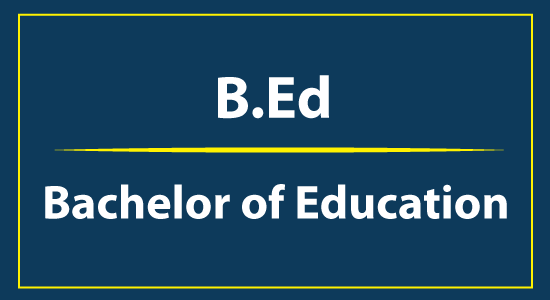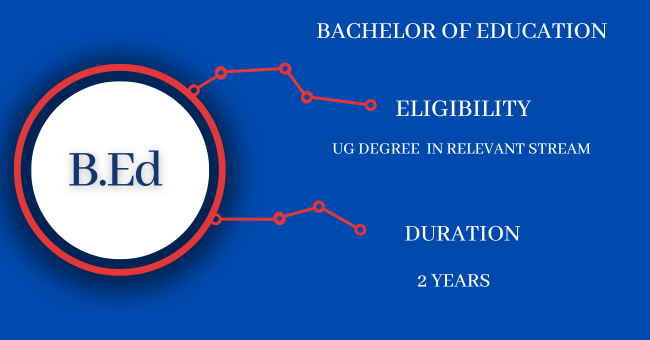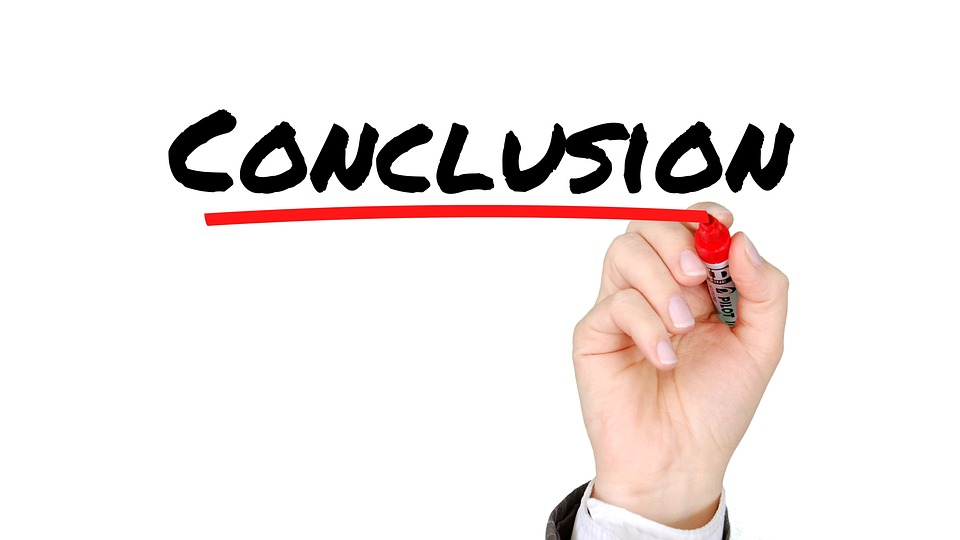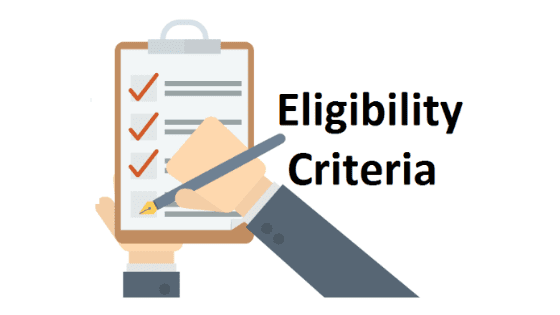Eligibility Criteria for B.Ed. in 2024
 Introduction
Introduction
The Bachelor of Education (B.Ed.) is a crucial milestone for individuals aspiring to become educators and shape the future through teaching. As the landscape of education continues to evolve, so do the eligibility criteria for pursuing a B.Ed. degree. In 2024, prospective students need to navigate through specific requirements to embark on this rewarding journey. This blog aims to provide a detailed overview of the eligibility criteria for B.Ed. in 2024, shedding light on the essential prerequisites and considerations.

Eligibility Criteria for B.Ed. in 2024
1. Educational Qualifications
- Applicant must have done a Bachelor’s degree from a recognized university or institute.
- The Bachelor’s degree should be in a relevant field, such as Arts, Science, Commerce, or any other discipline specified by the respective educational authorities.
2. Minimum Percentage
- Applicant must have done a Bachelor’s degree from a recognized university or institute.
- The Bachelor’s degree should be in a relevant field, such as Arts, Science, Commerce, or any other discipline specified by the respective educational authorities.
3. Subject Specialization
- Some B.Ed. programs may have specific subject requirements, especially for candidates aiming to teach at the secondary or higher secondary level.
- Applicants may need to have studied certain subjects at the undergraduate level, depending on the specialization they intend to pursue during their B.Ed. program.
4. Entrance Examinations
- In addition to academic qualifications, many universities and colleges conduct entrance examinations for admission to their B.Ed. programs.
- Candidates must qualify in these entrance exams, which may assess their aptitude, subject knowledge, and teaching skills.
- The format and syllabus of these entrance exams may vary, so candidates should acquaint themselves with the exam pattern and prepare accordingly.
5. State-Level Eligibility Tests
- Some states in India require candidates to clear specific eligibility tests, such as the State Eligibility Test (SET) or State Teacher Eligibility Test (TET), to be eligible for admission to B.Ed. programs.
- These tests assess candidates’ proficiency in teaching and subject knowledge and serve as a benchmark for determining eligibility for teaching positions within the respective state.
6. Age Limit
- While there is typically no upper age limit for B.Ed. admissions, candidates must meet the minimum age requirement specified by the institution or educational authority.
- The minimum age criterion may vary, but candidates are generally expected to be at least 21 years old at the time of admission.
7. Reservation Policy
- Institutions often follow reservation policies mandated by the government, providing relaxation in eligibility criteria for candidates belonging to certain categories such as SC/ST/OBC/PwD.
- Candidates eligible for reservations must provide appropriate documentation to avail the benefits during the admission process.
 Conclusion
Conclusion
The eligibility criteria for pursuing a Bachelor of Education (B.Ed.) degree in 2024 encompass various factors, including educational qualifications, minimum percentage requirements, subject specialization, entrance examinations, state-level eligibility tests, age limits, and reservation policies. Prospective students aspiring to become educators need to thoroughly understand these criteria and ensure they meet the requirements set forth by the institutions or educational authorities offering B.Ed. programs. By fulfilling the eligibility criteria, individuals can embark on a fulfilling journey towards becoming proficient and compassionate teachers, contributing positively to the field of education and shaping the future of generations to come.

